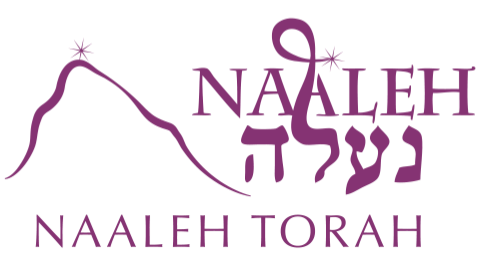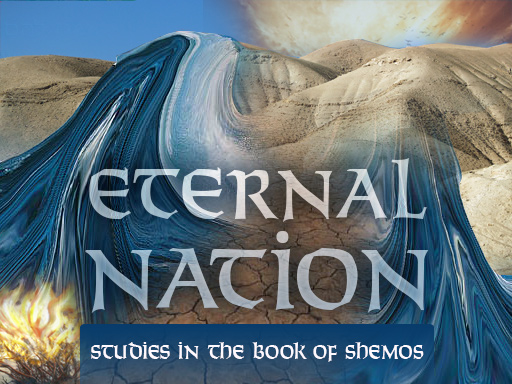Inspired Intentions
Posted onIn this class (shiur) on Parshiyot Vayakhel and Pekudai, Mrs. Shira Smiles discusses how Hashem values our inspired intentions, whether in building the communal Mikdash or in building the personal Mikdash within our hearts.






